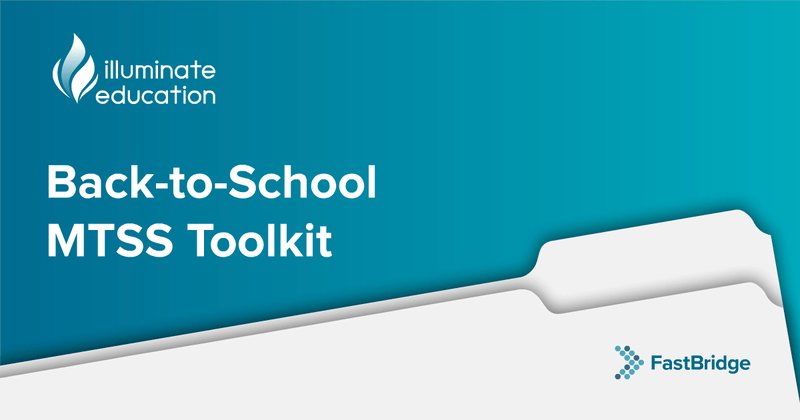By Daniel Osher
President Obama signed the Every Student Succeeds Act (ESSA) into law today. The ESSA replaces the No Child Left Behind Act (NCLB), and is the current version of a line of major federal education laws going back to the Elementary and Secondary Education Act (ESEA), first enacted fifty years ago. The ESSA was approved by a rare, broad bi-partisan consensus, passing 359-64 in the House and 85 to 12 in the Senate. The ESSA’s changes will be gradually phased in during the next few years.
The ESSA is 1061 pages long, and includes numerous changes to federal education law. Some of the changes that will have the greatest impact upon educators are summarized below.
Accountability and high-stakes testing
ESSA represents a fundamental shift of authority over education from the federal government to the states. Under NCLB, states were required to implement standardized testing, and if students did not make “adequate progress” towards federal proficiency standards, the federal government could impose penalties. ESSA still requires state-wide achievement testing at the same frequency as NCLB, but now states will be responsible for holding schools accountable. While schools still must administer standardized tests, states have more flexibility in determining the content of those tests, the standards measured by the tests, and the penalties for insufficient achievement.
We are hopeful that this increased flexibility will lower the stakes associated with standardized testing. Without having to focus on federal compliance, states should have an opportunity to reduce the emphasis on standardized testing. This could allow schools to spend less time on standardized testing and teaching to the test, and instead devote more time and resources to formative assessment designed to help develop more appropriate services and interventions for students.
Teacher qualifications
NCLB required teachers to be “highly qualified teachers” who met certain requirements. ESSA does away with the term “highly qualified teachers” and federal teacher standards. Instead, each state will determine its own qualification standards for its teachers.
Academic Standards
ESSA responds to the recent political controversy surrounding federal endorsement of academic standards, specifically Common Core. Under ESSA, federal officials cannot require, endorse, or provide incentives for the adoption of any specific set of standards, including Common Core.
Low Performing Schools
In keeping with the ESSA’s theme of increased state flexibility and reduced federal authority, the ESSA revamps NCLB’s approach to improving low-performing schools. NCLB imposed specific, one-size-fits-all corrective actions upon schools that were not making adequate progress in student achievement. ESSA prohibits the federal government from requiring specific approaches to school improvement. Instead, states must select evidence-based interventions for schools performing in the lowest 5%.
Teacher Training Funding
ESSA authorizes $2.5 billion to train and recruit educational professionals such as teachers and principals. Currently, 65% of this funding is for training professionals who will serve students in poverty. By 2020, 80% of this funding will be used for training educators to work with students in poverty, and 20% will be devoted to educators of the overall student population.
PreK Funding
The ESSA authorizes $250 million per year to help states align and coordinate early learning programs. While the federal government is currently providing similar funding on a year-by-year basis, this is the first time that such funding is permanent and built into the ESEA or its successors.
The ESSA is a sweeping new law that touches on many aspects of education. Due to its breadth and complexity, it is difficult to predict how all of these changes will ultimately affect how public schools teach children. However, on first glance, the ESSA appears to be a welcome corrective to several of NCLB’s less-successful interventions and philosophies.
Learn more about ESSA:
White House ESSA Fact Sheet
President Obama Signs Education Law, Leaving 'No Child' Behind (NPR)
The Every Student Succeeds Act Explained (Education Week)
Student Success Depends on State Leadership, Stronger Teacher Prep (Huffington Post)







